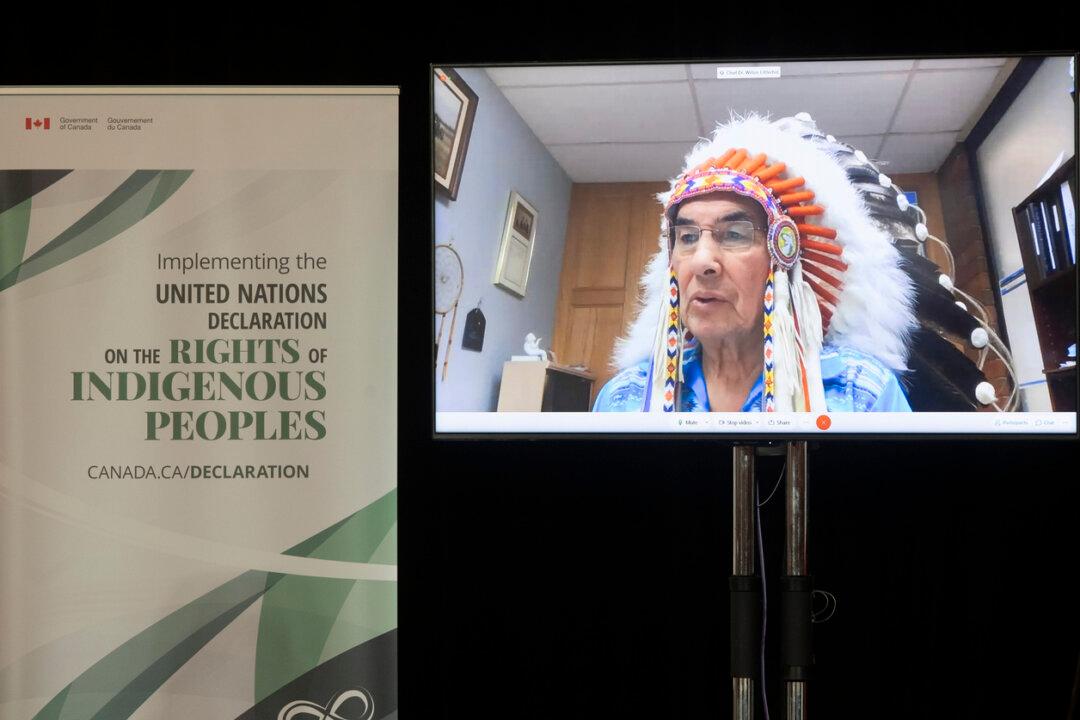Experts on indigenous affairs voiced disapproval of a federal bill that would incorporate the United Nations Declaration on the Rights of Indigenous Peoples (UNDRIP) into Canadian law, saying it has neglected the economic developments which indigenous communities need to further pursue self-determination.
On Tuesday, the Liberals, NDP, and Bloc Quebecois had worked in concert to pass the third reading of Bill C-15 in the House of Commons, sending the bill to the Senate with a final vote of 210 to 118.





